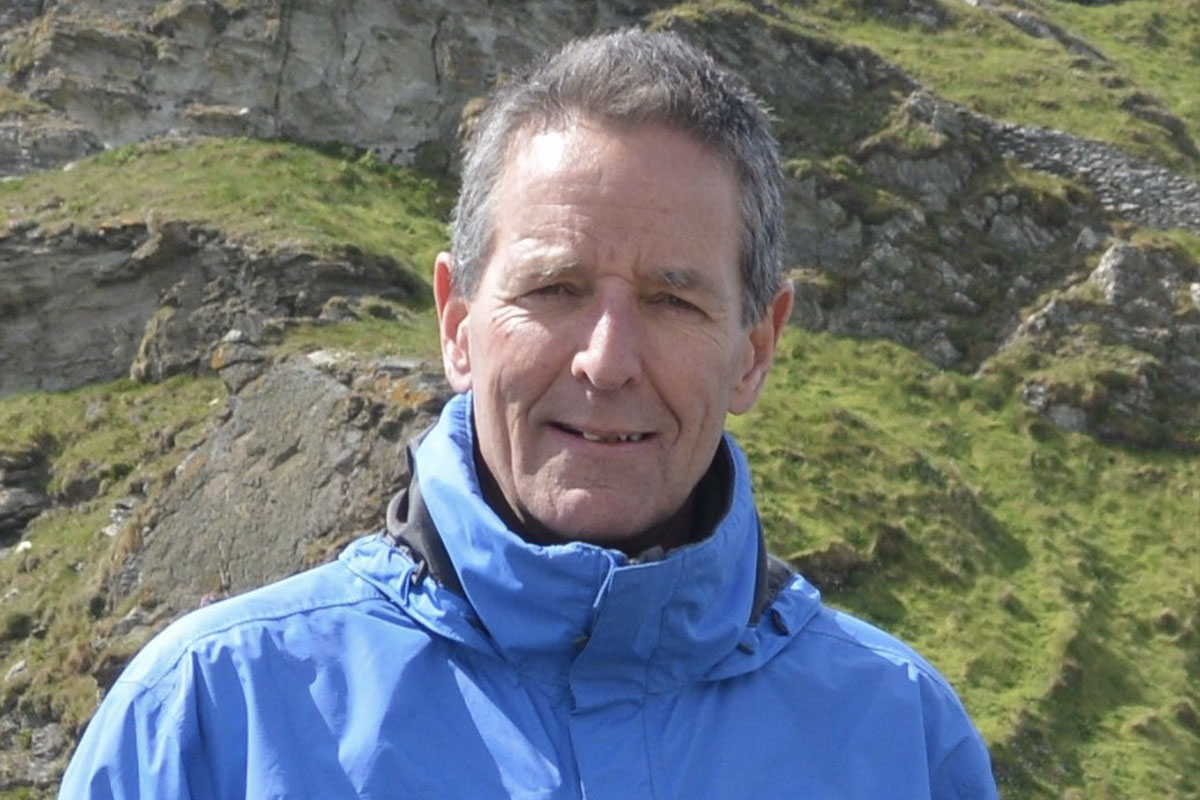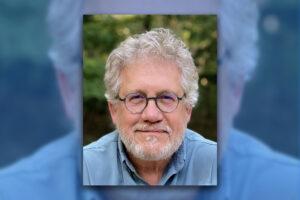Wilfred Owen at Twenty-Five
I’d love to be a sweep, now, black as Town,
Yes, or a muckman. Must I be his load?
Wilfred Owen, “A Terre”
The hardest is this silence in the fields
the trenches have filled with flowers
and the sleepy canal falls at your knees
a mud of earth and heaven not blood
But death is the same in every climate
the edge where no edge exists
You changed from ruddy youngster
to warrior with a blasted head
from child to animal
back to child again
Yet nothing of that day remains
At twenty-five you had penned
everything you would
in the hour of separation from this silence
and from that distance yet
the silence is filled
Pakistan
Shoehorned into a year’s memory
between the sleepy domes of blue and gold
and the fire of markets of filigree and silk
along a road that climbs interminably
through boulders round as church domes
on a desert mountain’s sharp slope
falling miles into the canyon below
in a painted bus with tassels shaking
like dancers to the cries
of the wild high-pitched choir
on a transistor radio taped to the dash
bass notes bumped on an axle drumbeat
dropping finally down
into Lahore
where the first night leaving a theater
in the sweat and grumbling of a crowd of men
disquieted by James Bond’s brazen women
I remember the first stone of my stoning
and turn to remember the morning
long hours on the Khyber Pass
the bus held up by a giant boulder
blocking the road narrow as a vein
and together all the men heave with one shoulder
and it rolls off into the unknown
crashing on forever down the canyon
and thinking the silence will not kill us
but each action sets in motion
the destruction of another dream
Distance on Aran
I feel a kinship with the children of Dún Aonghasa
halfmoon fort cut into a cliff above the sea
those who must have stood here once
fearing the world beyond the half circle wall
the battles that ended in survival or decision
the sea loud and terrible far below
I stand on their edge three hundred feet
above the rocky surf in the silence of their battles
as if I were myself at ten eyeing the inevitable
the long drop and how a body falls indefinitely
how you float on air as the birds rise up
on currents curious of the commotion
Or like the monks who sailed to escape
the well-wishers the demanding devotees
rowed off into the sunsets of half-certain death
looking for seclusion and a meditative life
And here mists of heaven and earth mingle
but will heaven catch everything that falls
The sea with her motherly arms like silk flags
somehow more than the anger behind you
somehow more than the world
with its hunger and cold on the edge of a cliff
Here and now the nearness of old slaughter
the pull of mother earth the spray of tears
crashing up from forbidden sea and rock
without exit or escape how all must learn
edges to face the decisions to be made
common days when rain mixes with blood
Street Life in Ventspils, Latvia
Streets no longer red but yellow
and green and the fall of things meets the fall
in thirty years since the Russian retreat
and the leaves gather into piles of gold
Now drunks are free on Saturday nights
to call out to their lost loves
and Sunday mornings the town hall rings
bells of the old Lutheran church
Along the narrow cobblestones
graffiti returns to themes of love and loss
and black limousines no longer
prowl the forests at night
Standing in the shallow of the century
I greet the cats of an abandoned milk factory
sitting in the windows of old cinderblock
without a thought of revenge
and watch as they sleepily chase
fat pigeons off the sills on a whim
George Moore’s poetry collections include Children’s Drawings of the Universe (Salmon Poetry 2015) and Saint Agnes Outside the Walls (FurureCycle 2016). He has published in Poetry, Colorado Review, The Atlantic, and Orion. A finalist for the National Poetry Series and the Brittingham Award, and recently longlisted for the Gregory O’Donoghue and Ginkgo Prizes, he lives with his wife, a Canadian poet, on the south shore of Nova Scotia.





